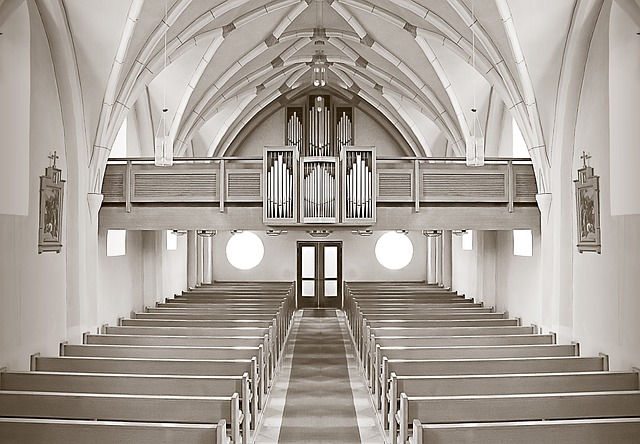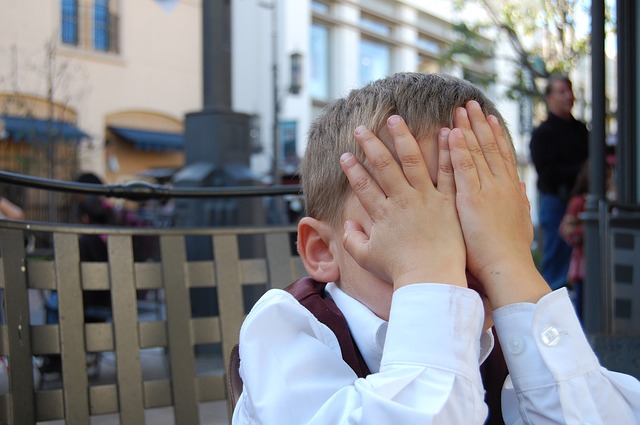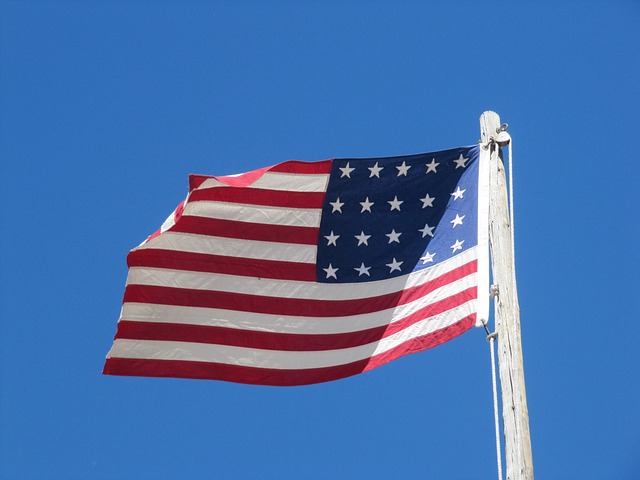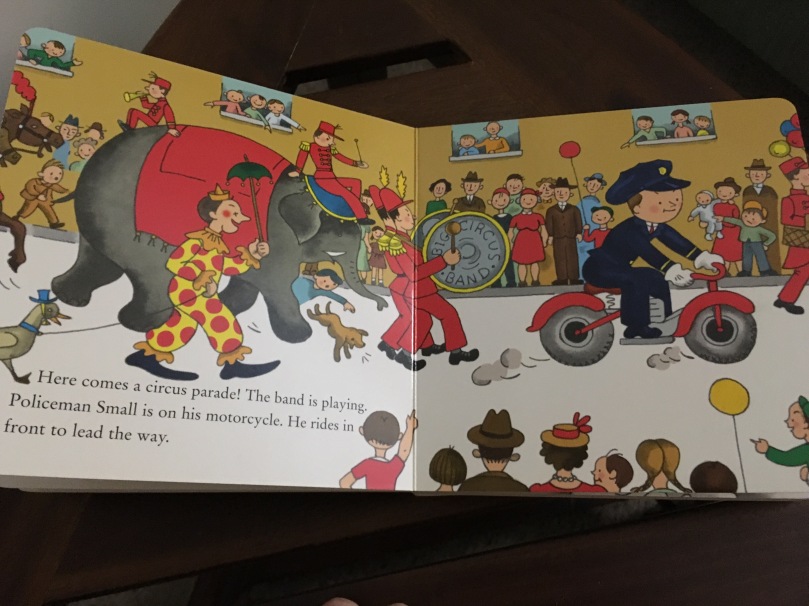I’ve always been a voracious reader, primarily of literary fiction. I’m the type to have multiple books going simultaneously via different formats. In recent years I’ve set myself a yearly book goal on Goodreads (a great site) and worked to meet it. My all time highs are 54 books read in 2012, and 48 in 2013. I used to have a book blog where I wrote just book reviews. Reading was a major way that I learned about and made sense of the world.
But ever since we moved to Atlanta, and especially since the election, I’ve had a hard time focusing enough to read a book. I can partly attribute this to the fact that I wasn’t very engaged in the last three fiction books I tried to read: Harry Potter and The Cursed Child (such a disappointment I can’t even talk about it), The Heart of the Matter and The Little Friend. In the past I would have found a way to push through just to check a book off the list, or at least switched to something else. But this fall I just couldn’t make it through a book. And I know why.
With all the craziness going on in the world it felt somehow irresponsible to escape into fiction.
Since the election I’ve felt a responsibility to read and listen to everything I could get my hands on related to Trump, his family, his cabinet, his staffers and his shady business deals. I felt like I just had to read as much as I could so I could be appropriately knowledgeable about each new staffing change/political decision/executive order. Reading anything non-politics related felt like giving in to what was happening.
Each day I would read the news of the day, various commentaries on the news and then listen to podcasts with more commentaries on the news. Pretty quickly, however, this got to be too much. I felt emotionally exhausted keeping up with all of the bad. My tolerance level for Trump-related news was reaching its breaking point.
So I have backed off, to a point. Let’s say I’m reducing my Trump consumption for Lent (an idea I got from a blog post that I can no longer find, so sorry for no link). I’m still reading the news every day, but I’m no longer listening to news podcasts in addition. For the sake of my sanity I’m also trying not to seek out more and more and more commentary related to Trump.
I deleted my podcast app and switched back to Audible during my commute and while puttering around the house. I still don’t have a desire to read fiction. Instead, I’m reading non-fiction books on a regular basis for the first time in my life.
I’m working from a list on Goodreads called “The Post-Trump Big Questions Canon.” It’s exactly what I’ve been looking for. Regular readers know that the election was earth- and faith-shaking for me, as I know it was for many. These books are helping me hone and reshape my view of the world in the new America of Trump. (Or perhaps it has belonged to people like him all along?)
In 2017 I want to come to a more nuanced understanding of history, politics, race, class, gender and the intersection between faith and all of the above. So far, I’ve read:
- Between the World and Me by Ta-Nehisi Coates
- (Eye-opening letter from a father to a son about what it is to be black in America. Beautiful, lyrical prose that when listened to had a tendency to lull me into a state of abstracted reflection.)
- Hillbilly Elegy: A Memoir of a Family and Culture in Crisis by J.D. Vance
- (A memoir that examines the struggle of the white working class in rural Appalachia. Grabbed me right from the beginning).
- Blood at the Root: A Racial Cleansing in America by Patrick Phillips
- (My favorite so far. Uses one particular incident that took place in metro Atlanta to trace the history of racial discrimination and violence in the post-Civil War South.)
Getting back to reading is helping me feel like myself again. Long live books!
What are you reading these days, dear reader? And have others felt the same desire to learn more about the forces that created our current political moment?













